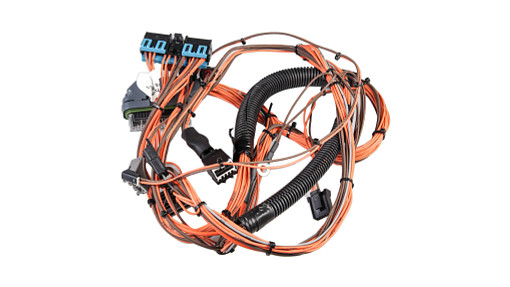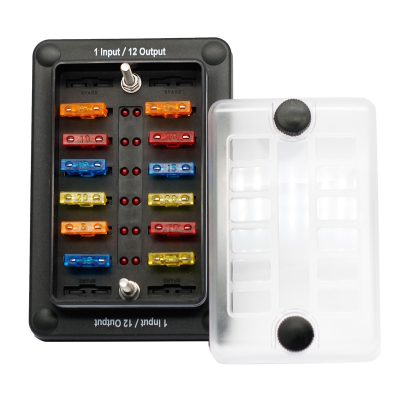Fuses for Car Horn Circuits: Achieving Consistent Sound Output
News 2025-10-24
In the realm of automotive electronics, the horn system is essential for safety, alerting other drivers and pedestrians in critical situations. Current fuses play a pivotal role in protecting these circuits from electrical faults, such as short circuits or overloads, which could otherwise lead to system failures or hazards. By safeguarding the integrity of the horn’s operation, fuses ensure that sound output remains effective and dependable, contributing to overall vehicle reliability in diverse driving conditions.
Types of Fuses Used
Fuses designed for car horn circuits come in various forms to meet specific needs. Blade fuses are widely used for their compact size and quick replacement, ideal for standard vehicles. Maxi or high-amperage fuses handle more demanding applications, such as in commercial fleets where horns operate frequently. Advanced options, like resettable circuit breakers, are increasingly common in modern cars, offering automatic recovery from minor faults without manual intervention, thus enhancing convenience and longevity.
Application Scenarios
Car horn fuses find application in multiple contexts, from daily commuting to specialized uses. In passenger cars, they protect against wiring issues during routine use, ensuring the horn sounds clearly in traffic. For emergency vehicles like ambulances, fuses must withstand high-frequency activations and integrate with siren systems for uninterrupted performance. In electric and hybrid models, they manage interactions between high-voltage components and the horn, preventing failures that could compromise safety in urban or highway settings.
Performance Advantages
Using the right current fuses in horn circuits delivers key benefits, including robust protection against electrical damage that could cause fires or component burnout. They maintain stable current flow, preserving sound quality and volume for effective communication on the road. Fuses also reduce maintenance needs by minimizing wear from overcurrent events, leading to cost savings and extended system life. In performance-oriented vehicles, precise fuse selection supports efficient energy use, ensuring the horn operates optimally without draining resources.
Frequently Asked Questions
1. What determines the appropriate fuse rating for a car horn?
Answer: The rating depends on the horn’s power draw, vehicle voltage, and wiring setup to balance protection and functionality.
2. How do fuses improve horn system reliability?
Answer: Fuses isolate faults quickly, preventing chain reactions that could damage other electronics and ensuring consistent operation.
3. What are common signs of a fuse issue in horn circuits?
Answer: Indicators include no sound output or intermittent failure, often requiring a simple fuse check and replacement.


